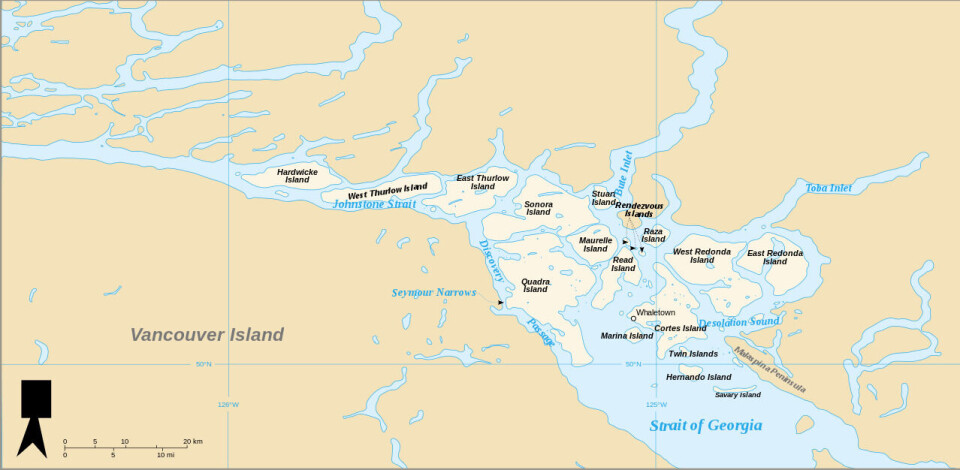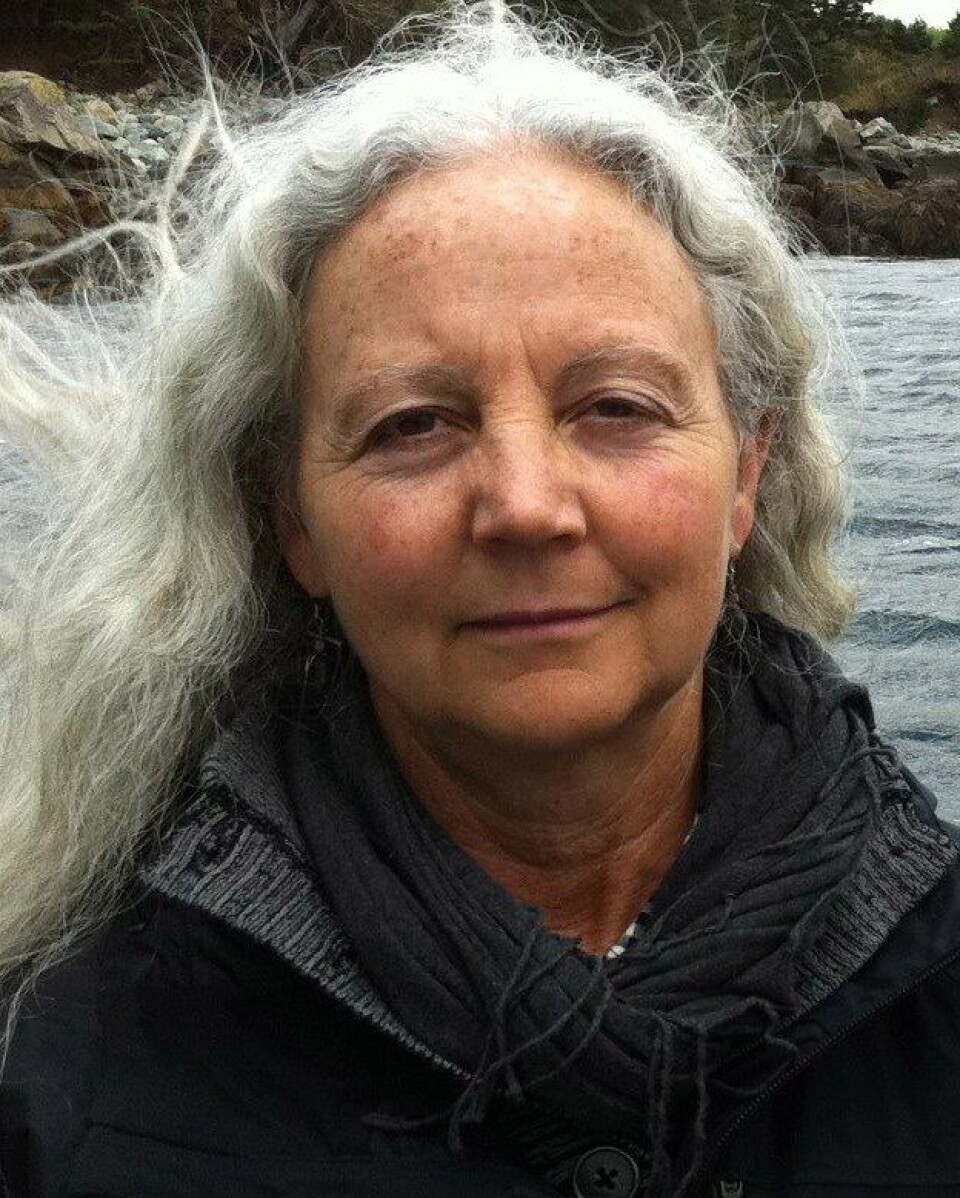
Campaigner’s claims in BC salmon case ‘untested hearsay’
An anti-fish farming activist’s ‘attack on science’ was thrown out by the Canadian Federal Court yesterday in a case over the future of salmon farms in British Columbia.
Alexandra Morton had tried to influence the court’s decision, due on April 5, on an injunction application by fish farmers to transfer juvenile salmon into their Discovery Islands pens.
It is part of a judicial review sought by Mowi Canada West, Cermaq Canada and Grieg Seafood BC following the federal government’s move to close 19 salmon farming sites in the Discovery Islands.
According to a report by SeaWestNews, Judge Mandy Aylen ruled that an affidavit proposed by Morton ‘contains untested hearsay evidence, contains improper opinion evidence under the guise of being factual evidence’.

Furthermore, the veteran campaigner’s intervention ‘constitutes an attack on the science presented by the Department of Fisheries and Oceans and goes far beyond providing general background information’.
Harvested and cleared
Canadian fisheries minister Bernadette Jordan announced the closure of the Discovery Islands farms on December 17, giving the operators until June 30, 2022, to have the sites harvested and cleared. Jordan also stipulated that no new fish of any size may be introduced into the Discovery Islands facilities.
Her decision to close the farms followed discussions with First Nations in whose traditional territories the operations are sited, though some have since expressed dissatisfaction with the consultation process.
The closure order was made despite nine peer-reviewed studies by Jordan’s own Department of Fisheries and Oceans that salmon farming posed no more than a minimal risk to migrating wild Sockeye salmon.
Ban on fish transfers
Her ban on fish transfers into the area went against the advice of her deputy, Timothy Sargent. He advised Jordan to issue 18-month licences for the Discovery Islands farms, adding: ‘There are juvenile fish in hatcheries that are destined for farms in the DI (Discovery Islands), which would need to be culled should the farms not be re-licensed.’
Mowi, which operates 10 sites in Discovery Bay, said it wasn’t given adequate warning of either decision and has nowhere else to put fish growing in nursery sites in other areas. These include 1.2 million fish which must be moved within the next few weeks or be culled.
Killing the fish now would incur $500,000 in culling costs, result in lost profits of $14m and cause the equivalent of at least 56 full time jobs to be lost more than a year sooner than would otherwise have been the case, said Mowi.
The British Columbia Salmon Farmers’ Association (BCSFA) claims the Discovery Islands closure decision will result in the loss of 1,500 jobs among fish farmers and companies that service the industry.






















































